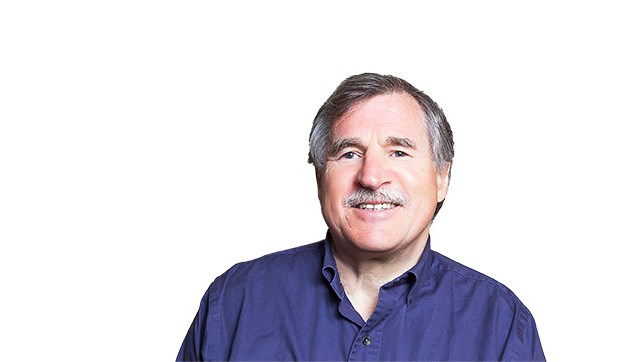Is it only my imagination, or has the cigarette butt blight reached epidemic proportions? Those unsightly little stubs are everywhere. They’re in our waterways, on shorelines, in parks and playgrounds, on roads and sidewalks.
And it’s not a problem limited to Squamish. Cigarette butts comprise 25 to 50 per cent of all debris collected from roads and streets in the U.S., according to the International Journal of Environment and Public Health. Worldwide, they are the most common form of litter, reports National Geographic.
It has become too socially acceptable to casually jettison a butt and walk away. Unfortunately, most of us either just ignore the problem, or we can’t figure out what to do about it. That has to change.
Discarded smokes are in the same eyesore league as disposable coffee cups, fast food wrappers, plastic bags and a host of other refuse haphazardly strewn across the landscape. In addition, despite being small in size, cigarette stubs are non-biodegradable and the toxic chemicals they emit are harmful to fish, birds and other wildlife, according to the David Suzuki Foundation.
South of the border, a number of innovative solutions have been launched to address the situation. In San Diego, the Surfrider Foundation displays prominent signs announcing “beaches and streets are not ashtrays,” and the organization has installed ash cans throughout the city. Project managers believe the receptacles offer a practical alternative to flicking butts underfoot. That strategy has led to an estimated 65 per cent reduction in cigarette related litter in the areas where the containers are located, Surfrider reported. The foundation also distributes pocket ashtrays to smokers, holds community awareness events and advocates for more vigorous enforcement of anti-littering bylaws.
In New York City, EcoTech Displays has installed cigarette butt receptacles featuring prominent advertising spaces that businesses can purchase to promote their products and services. As well, the company is working on a process to recycle butts into insulation, clothing and even jewelry.
Meanwhile, a New Jersey-based company, TerraCycle, has established what it says is the world’s first cigarette waste recycling program. The company composts tobacco residue and turns the filters into an array of consumer products and materials.
Recently, the City of Vancouver purchased 100 metal cigarette receptacles from TerraCycle for installation in high-litter locations. Workers from United We Can, a Downtown Eastside recycling non-profit, collect the contents, which are shipped to TerraCycle’s Toronto facility for processing. New Orleans and Toronto have copied Vancouver’s initiative and Sydney, Tokyo, Phoenix and Atlantic City are negotiating their own deals with the company.
All of the these programs are feasible options. The time is ripe for municipal officials and Squamish environmental groups to look into establishing similar strategies in our own backyard.



